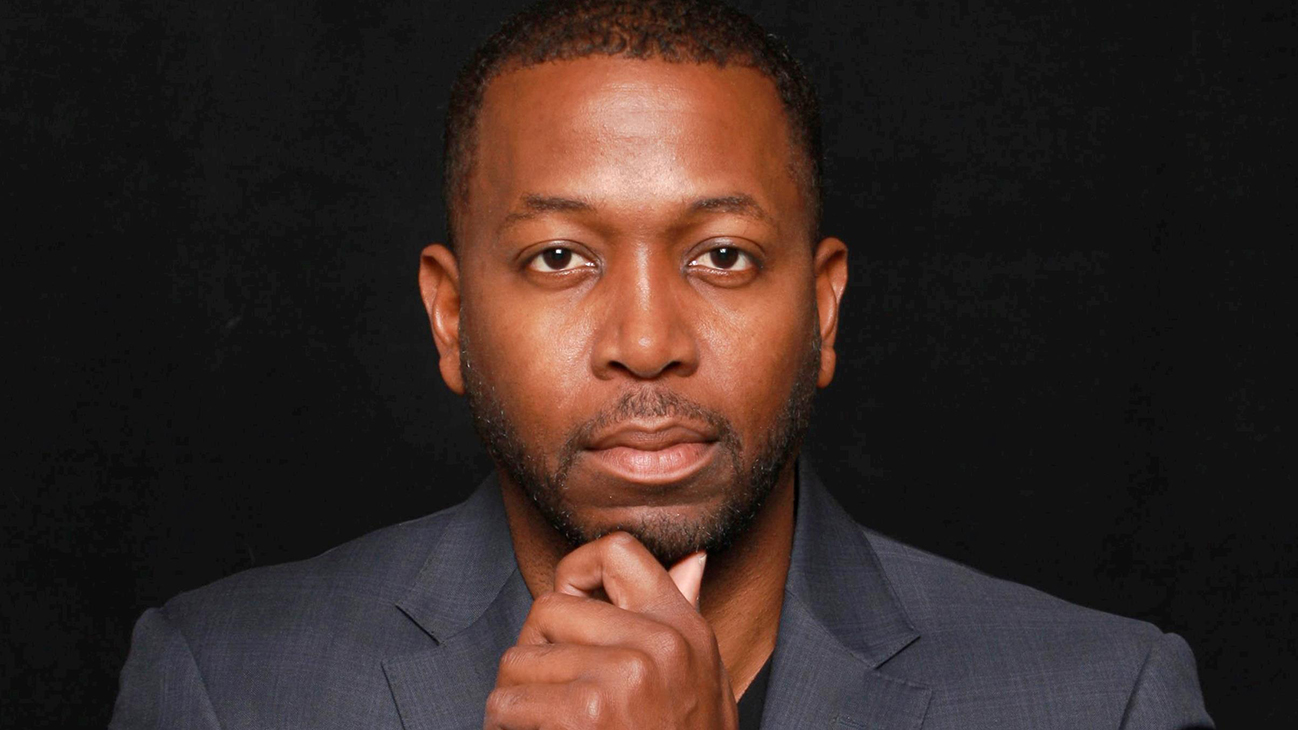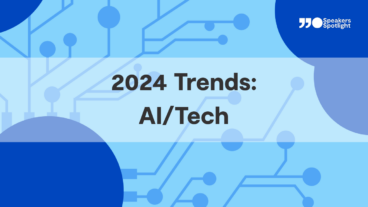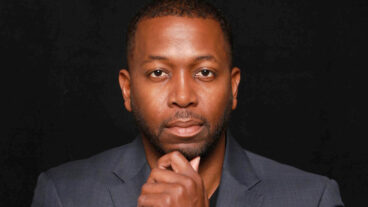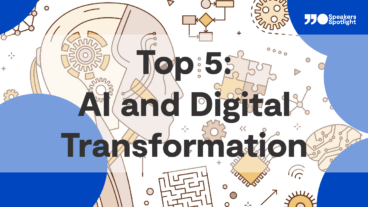In an era where the skills necessary for the future of work are constantly evolving, future of education strategist Dwayne Matthews wants to ensure our workforce is future ready. He explores the impact of disruptive innovation on the future of education and work, and is at the forefront of building a robust, future-ready education system that can effectively prepare people for the jobs of the future.
Dwayne recently joined renowned tech expert Amber Mac for a live LinkedIn conversation to discuss the future of of education. Below is some of the fascinating insights he shared into the future of learning, the transformative impact of AI, and how new technologies can help us reach previously untapped potential.
Why the Future of Learning Impacts Us All
One of the biggest shifts we’re seeing today is how we learn, Dwayne told Amber. The traditional model of learn-work-retire is quickly becoming extinct. When Dwayne graduated from post-secondary, his professor said they were the last generation of this traditional working model because in the future, everyone will have to continuously retool and upskill.
At the time, Dwayne hoped it wasn’t true but here we are, he said. Today, the idea that we stop learning after post-secondary is dead. Ongoing learning has to be a part of our lives now, both personally and professionally, if we want to thrive in our fast-moving world.
AI and the Future of Education
While the integration of AI tools into the education system has some people concerned, Dwayne is optimistic about what this new technology can bring to students.
In the 1870s, Dwayne said, education became compulsory, and between 1870 and 1890, the world completely transformed. At the cornerstone of that transformation was a brand-new technology called the printed book. In 1820, only 12% of the population could read. Today, that number is 90% depending on your location, he continued. The technology of the printed book completely transformed the entire economy and scaled a better life for most of the population.
We are on the brink of that same scale of transformation because of tools like AI and spatial computing. Our entire economic life is transforming, Dwayne said, and this has to be accounted for when building our education system. We should want to prepare our children — our future workforce — to thrive in that new world and not the world that we’re leaving behind.
How Technology Helps Bridge the Education Divide
Within the advance of technology, many are concerned that the digital divide will only continue to grow between those who can afford new technology and those who cannot. Again, Dwayne is optimistic that technology is a much more affordable avenue of learning than we think.
While Dwayne was born in Toronto, he grew up in Trinidad & Tobago, where, as a child he didn’t have much access to books. You had to go to a really good school, which required you to pass an entrance exam, in order to have access to books, he said. Only 10-20% of the population could afford this. This is still true for many countries in the world today.
Dwayne left Trinidad & Tobago in order to pursue a quality education in Canada. So, the cost of a book, he said, is actually quite expensive when you think I had to move to a different country, completely uproot my life and leave my family, just to get access to books.
With digital, he continued, information can be disseminated significantly faster. Today, there are 5 billion people on the planet that are connected to the internet, and they all have access to ChatGPT 3.5. That is way more people who have access to knowledge then they did when I came to Canada in the 1990s. So, yes, there may a divide, but there is also more access and this has the potential to widely democratize education.
Building the School of the Future
Today’s education system isn’t broken, Dwayne said, but it is outdated. It needs an upgrade, and he believes this evolution must start at the highest level, the director or board level.
First, we need to establish the common north, which Dwayne believes is unlocking stranded brilliance and future preparedness. Stranded Brilliance refers to the untapped potential residing within individuals and communities that remain inaccessible due to neurodiversity, systemic barriers, geographical constraints, and/or socio-economic conditions.
The next step is to strategize, Dwayne said. Establish a red team, blue team to run some labs and put new things into practice. One team would think of all the ways this new thing would work, and the other would look at all the ways it wouldn’t work. From there, Dwayne would then create an innovation lab either at the school or district level where all change would filter through.
“There is a reason,” he said, “that a parent takes their child and puts them into a school for six hours with a person that they’ve never met for 192 days over a 20-year span. They’re doing that because of the promise — the promise of future prosperity.” With that fixed to our horizon, we can build the education system that our future demands.
In his expansive keynote presentations, Dwayne Matthews offers a roadmap for creating a robust, future-ready education system that cultivates a skilled and adaptable workforce in order to drive continued innovation, productivity, and economic prosperity.
Contact us to learn more about Dwayne and what he can bring to your next event as an in-demand keynote speaker.




